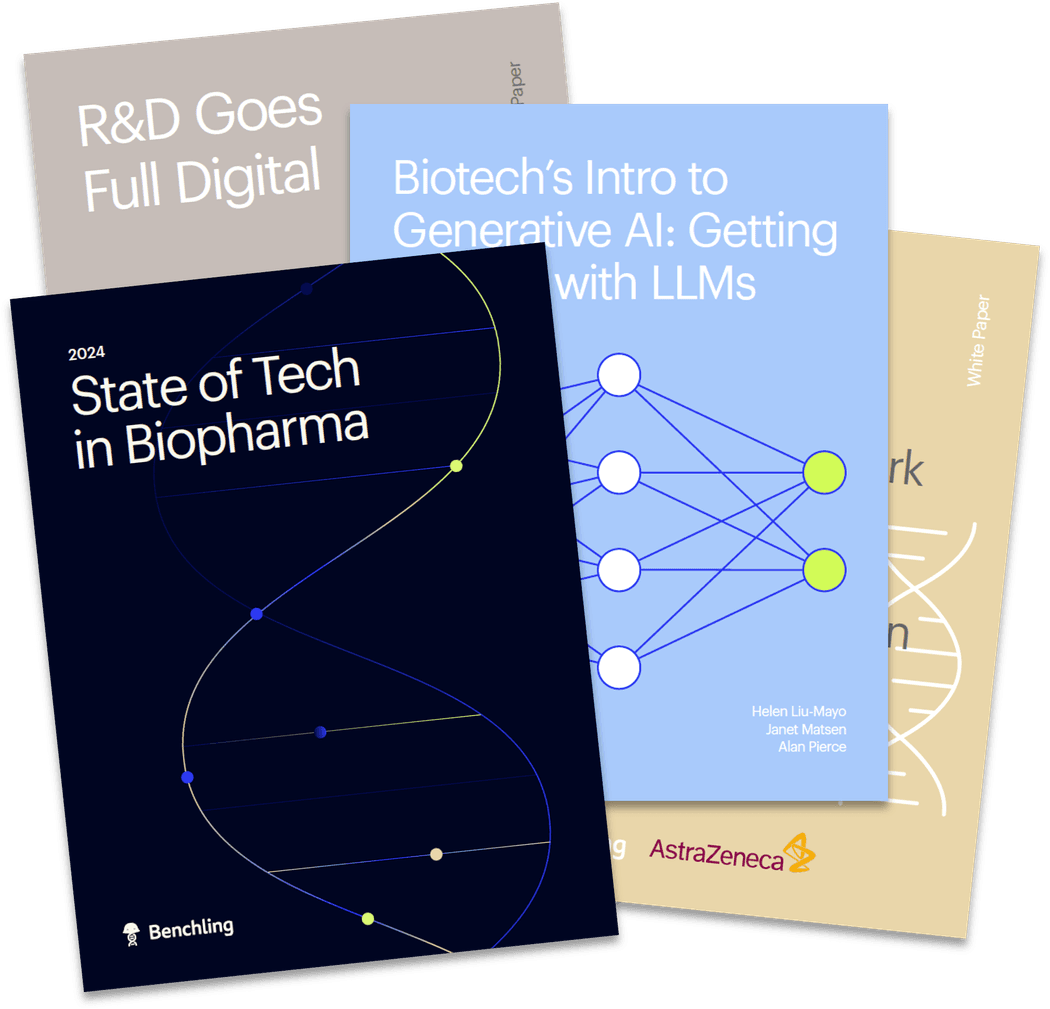Labs frequently adopt new tools to keep pace with evolving research demands and increasing data volumes. However, introducing these point solutions can create fragmented systems that impede collaboration, obscure data visibility, and ultimately reduce productivity.

Digital transformation seeks to resolve these challenges by streamlining the way labs collect, structure, and utilize data. Central to this shift is adopting FAIR (findable, accessible, interoperable, reusable) data principles and integrating systems that connect and standardize data across various workflows. By leveraging emerging technologies like automation, artificial intelligence, and large language models, labs can further minimize manual tasks and enhance decision-making capabilities.
This compendium brings together industry insights and guidance to help lab managers navigate the complexities of digital transformation. It also offers strategies for setting achievable goals and overcoming common obstacles, including cultural resistance and integration hurdles.
Download the compendium to explore:
- Strategies for overcoming technical and cultural barriers to adopting new technologies
- How structured and automated approaches to complex workflows, such as DNA synthesis, enhance accuracy and efficiency
- An introduction to generative AI and large language models, with guidance for leveraging these tools
- How companies are adopting AI and related emerging technologies




